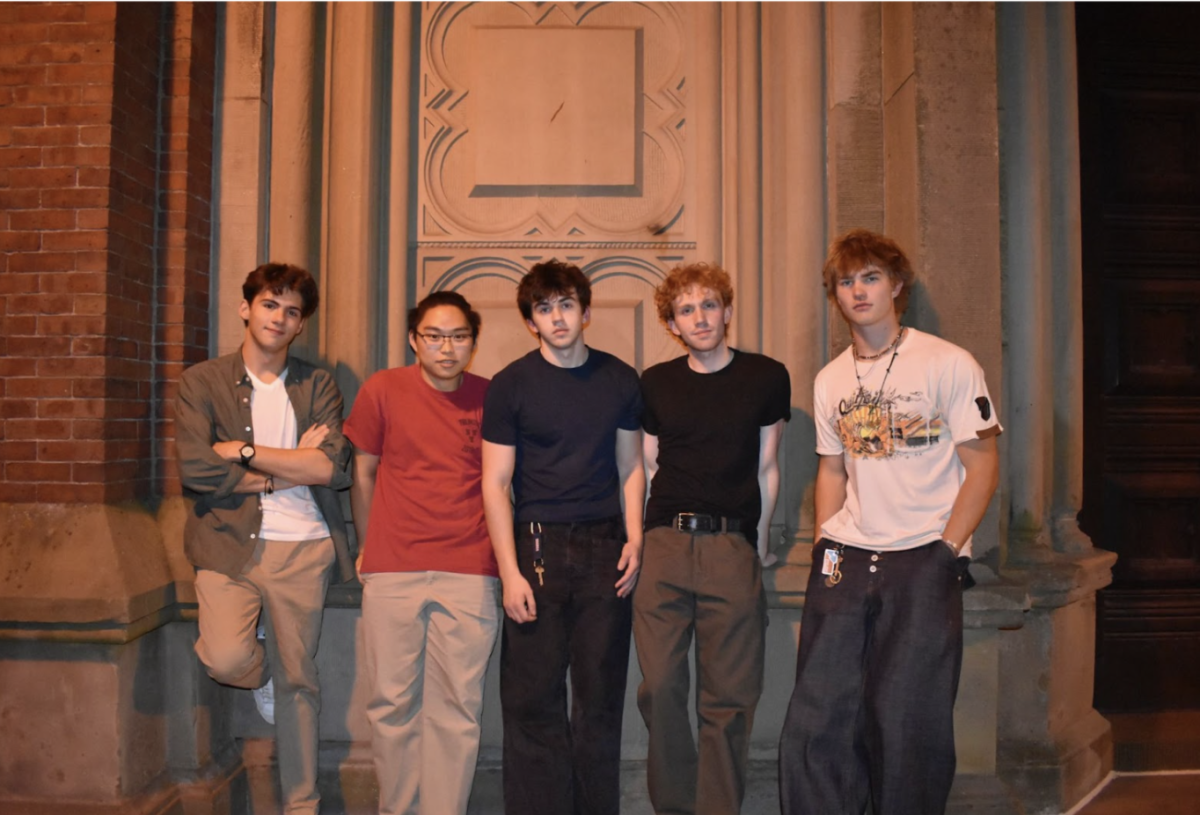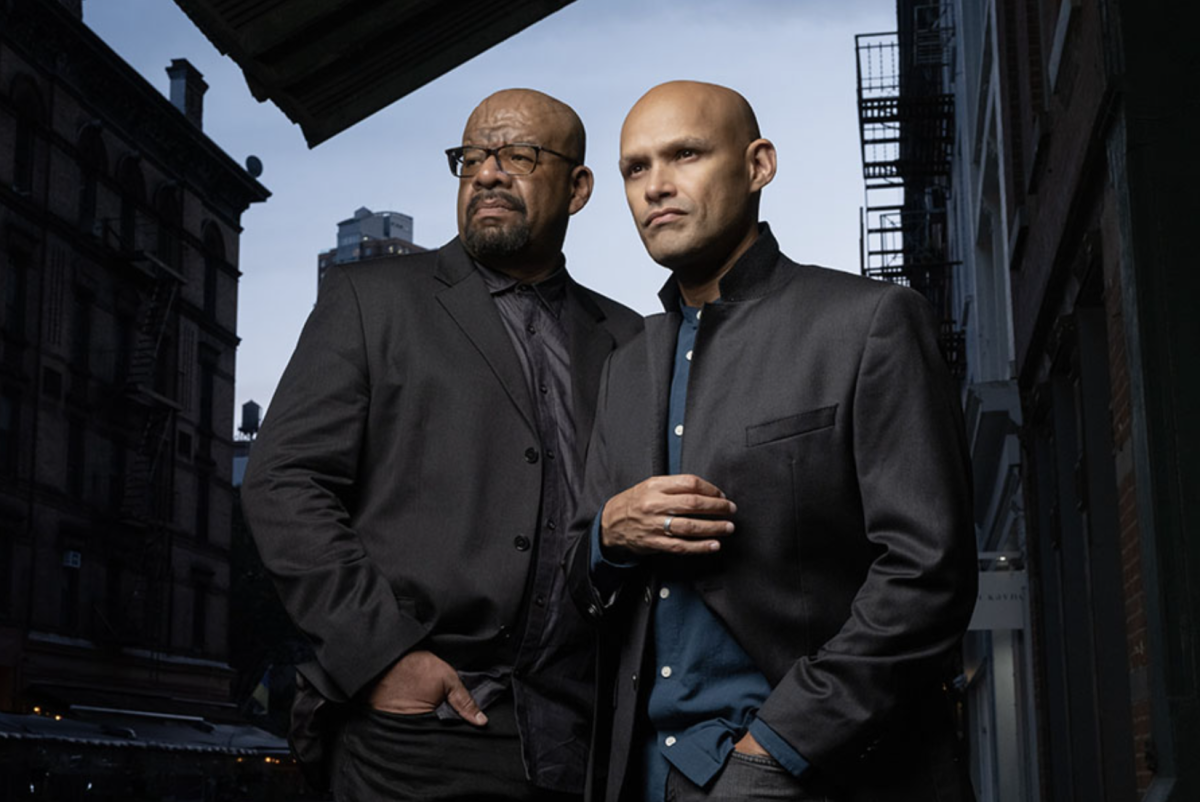The given lawsuit has been dropped as of May 5th, 2019
When “Stranger Things” first premiered on Netflix in July of 2016, it became one of the platform’s most popular original series, with an estimated 22 million viewers in its debut year alone. The series’ creators Matt and Ross Duffer skyrocketed to fame as the Duffer brothers, earning a Saturn Award and Golden Globe nomination for their work. However, now the two are making headlines for a different reason. The “Stranger Things” creators are facing a lawsuit by filmmaker Charlie Kessler for allegedly having used his ideas in the series’ premise.
Kessler originally met with the Duffer brothers during the 2014 Tribeca Film Festival. As the director and co-writer of the short film “Montauk” (2012), Kessler shared its premise with the Duffer brothers at one of the festival’s parties. This alleged conversation seemed all but forgotten until April 2018 when Kessler filed a lawsuit against the Duffer brothers a few months after the release of season two of the show. In the lawsuit, he accused them of having repurposed his idea of the supernatural, the government’s role in it and a small town bearing witness.
The similarities between the two works originate from the mutual interest in the conspiracy theory referred to as the Montauk Project, where the US government are believed to have researched objects of science fiction, such as time travel and alien life. In a 2012 interview with /Film, Kessler attributes his childhood as having had a part in inspiring “Montauk.” He states, “I did grow up on Long Island, I had spent a lot of time going out to Montauk. Was always fascinated with urban legends in general and specifically local folklore. So having loved the area, I especially got fascinated with one called The Montauk Project, which was a supposed set of highly classified government experiments in Camp Hero State Park out in Montauk.”
“Stranger Things” was originally referred to as “Montauk” during its pre-production phase, sharing the same name as Kessler’s work. Despite the two works including vaguely similar science-fiction aspects of the government’s role with the supernatural set in a small town, the Duffer brothers’ timeline in creating what would become “Stranger Things” indicates that Kessler’s accusations may not hold true. According to The Hollywood Reporter (THR), the Duffers had been working on their project since 2010, before meeting Kessler in 2014.
THR states that a “Nov. 19, 2010, email, for example, outlines a project set in the 1980s featuring a secret underground research facility, unethical experiments, a monster coming through a portal and other elements of what would become “Stranger Things.” Within a matter of days, “another email mentions a protagonist who was abducted with other psychically gifted children and experimented on to develop those abilities and ends up able to control minds and move objects telepathically.”
However, the issue arises from how the Duffer brothers’ work follows Kessler’s by nearly four years. Forbes highlights that “Stranger Things” was first announced in 2015, with the first season’s official release in 2016. The timeline of the show’s fruition largely coincides with the release of Kessler’s work and meeting with him. The case will likely rely on the evidence of the development of the series, rather than attempting to organize the overall confusing timeline.
In their court filing, the Duffer brothers state that they “had a detailed outline for a television series that includes many of the “Stranger Things” characters, settings and storylines” by 2013. THR also reports that the court filings emphasize how the Duffers “were in New York, at the film festival party in question, to scout locations for the project,” so they were in the stage of planning out production of the series. While certain aspects of the timeline claimed by the Duffer brothers are difficult to confirm, the emails that outline the Duffers’ vision of what would later become “Stranger Things” will likely play a role in determining the result of the trial.
Netflix, the platform that exclusively releases “Stranger Things,” has chosen to side with the Duffers. “This case has no merit, which we look forward to being confirmed by a full hearing of the facts in court,” a Netflix spokesperson stated.
As a streaming platform that serves an estimated 154 million subscribers globally, Netflix shows no signs of slowing down in the seeable future. Despite the controversy this case has received over intellectual property, the third season of “Stranger Things” is slated for a July release to the excitement of its legions of fans. With Netflix’s support and their emails, the Duffer brothers are unlikely to be severely impacted by the case that will go to trial on May 6.






Stephen Hendricks | Jul 17, 2020 at 1:19 pm
Hi,
I read your story on the Stranger Things infringement.
The show infringed one of my videos, which was on YouTube, by using it in a scene in their show.
I analyzed their infringement in another video. YouTube allowed me to post that video on their site and it has been playing for a year:
https://www.youtube.com/watch?v=NPe8XSDHiLs
Thank you